
Dhakal elected FNCCI President, prioritizes investment climate to employment generation
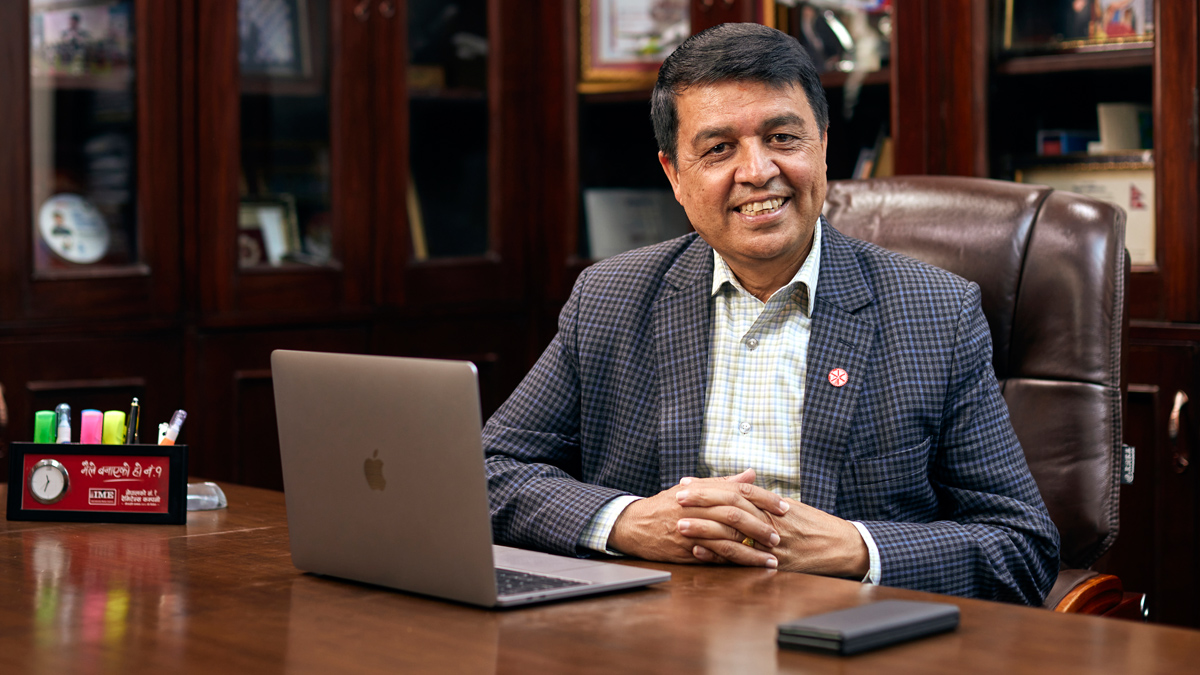
Chandra Prasad Dhakal has been elected President of the Federation of Nepalese Chamber of Commerce and Industry (FNCCI). Dhakal was elected to the post through 57th AGM as per FNCCI statute that senior Vice President is the one in a role to become the President.
He is the 20th President of FNCCI. Outgoing President Sekhar Golchha administered the oath office and secrecy to Dhakal.
Chairman Dhakal said he was always for electing leadership in consensus. He lauded the role played by former Presidents of FNCCI including Umesh Lal Shrestha. They have made the organization esteemed, he believed.
Dhakal is a successful entrepreneur and industrialist of the first generation. He was member of executive committee of FNCCI for two terms. He continued climbing leadership ladder from investment committee to employment council’s chair, vice chair of associate, FNCCI Vice President and finally the President now.
Dhakal is the founding chair of IME Group. He has nearly four decades of journey in entrepreneurship. Born at Amalchaur of Baglung district in 2022BS, Dhakal had begun entrepreneurship since 2045BS.
He made the first successful business stride with the establishment of IME remit, the first remit company in Nepal, in 2057BS. Currently, there are two dozens of enterprises and industries affiliated to IME Group which have presence both in the country and abroad. Dhakal has significant role on building formal economy of the country through foreign remittance.
The IME Group has given direct employment to more than 20,000 and while 40,000 are employed indirectly in the country.
Dhakal is actively working to develop new tourist destinations in all seven provinces along with the infrastructures including cable car.
For his contribution to the national industry and economy, he has been conferred with various prestigious awards.
President Dhakal has said he would prioritize five areas during his tenure- preparation of strategy to resolve current economic crisis, creation of investment atmosphere, strengthening of State and private sector, production of competent human resources and employment generation, and boosting entrepreneurs’ morale.



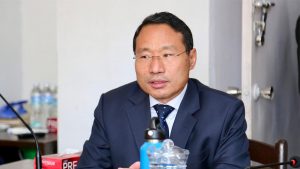
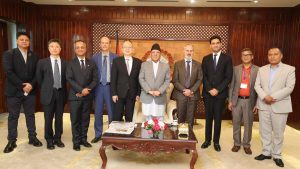
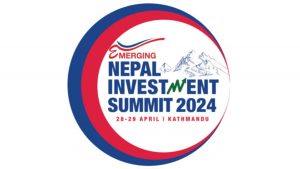



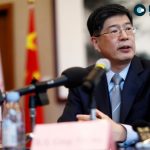
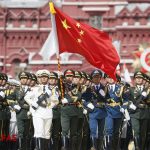


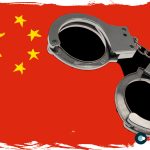
Comments